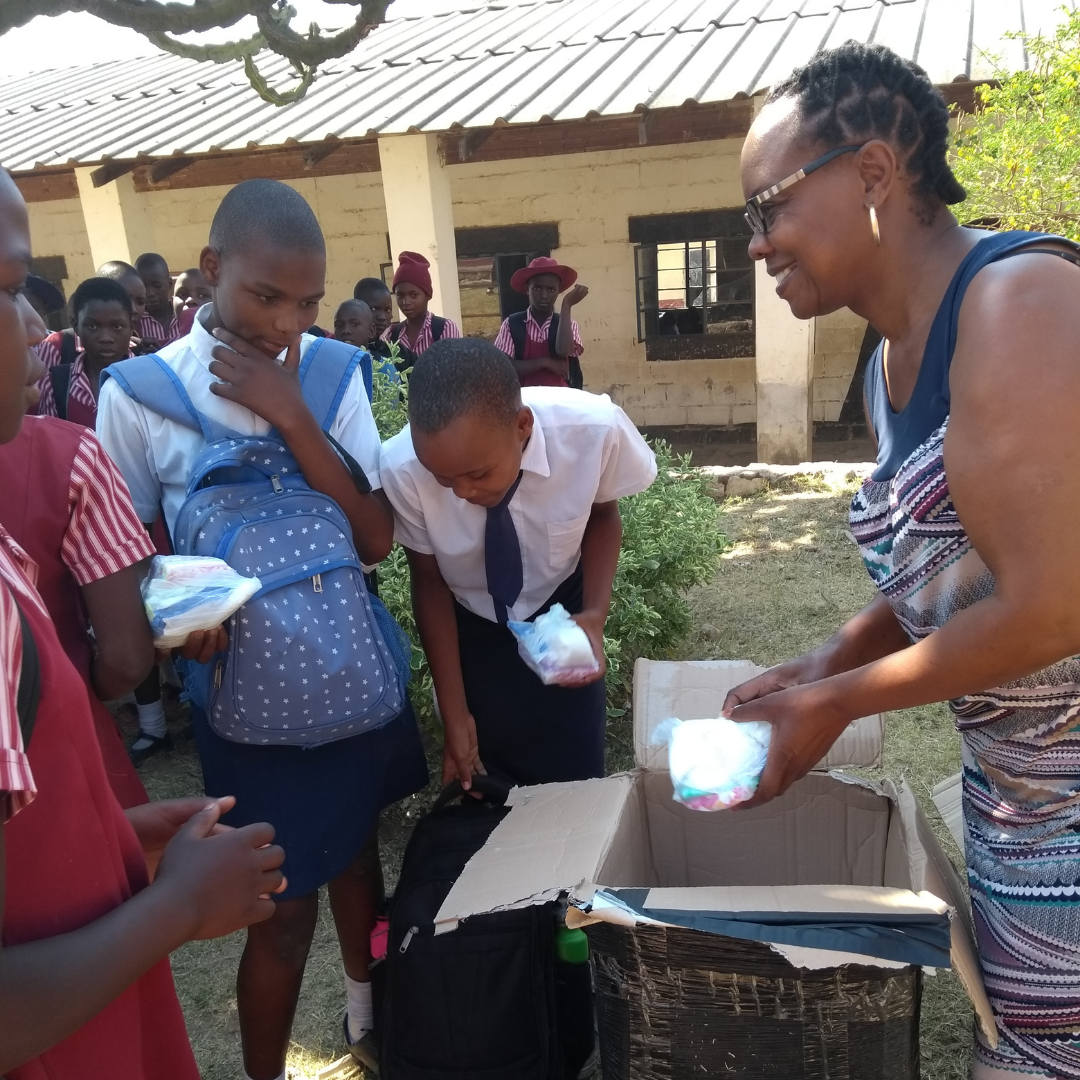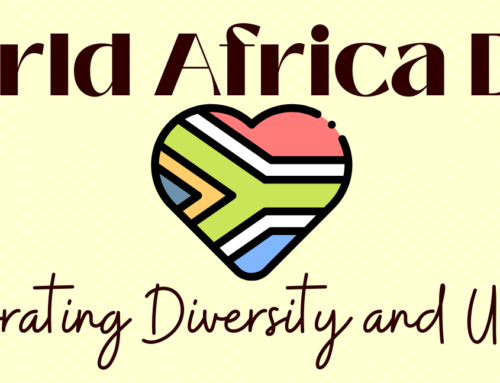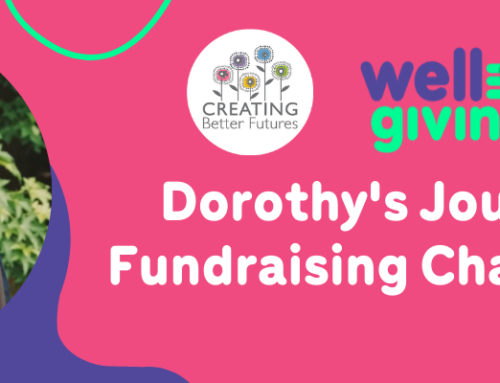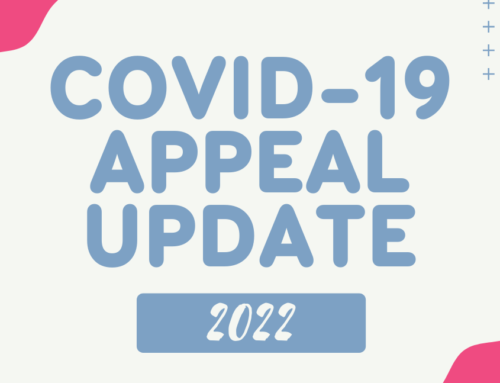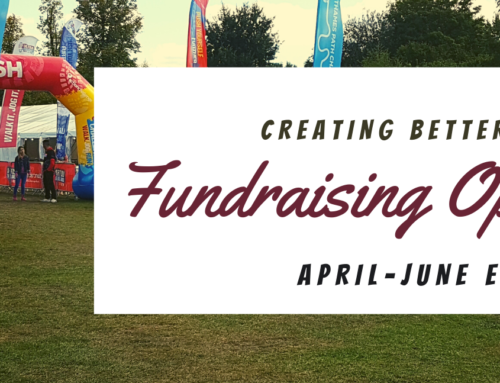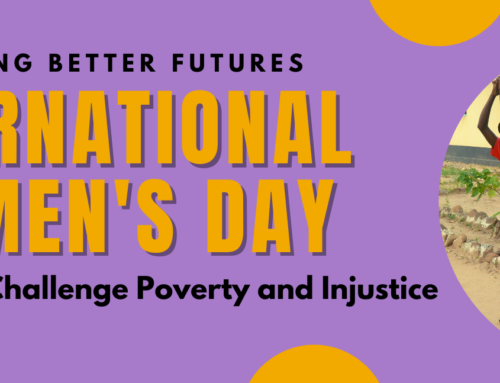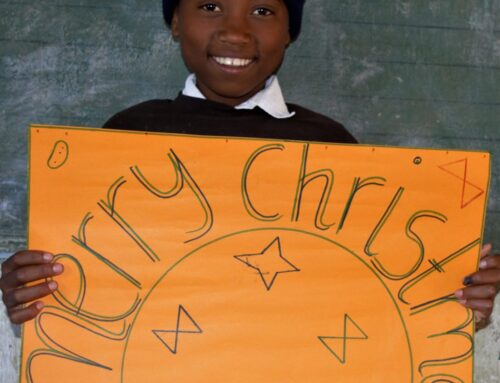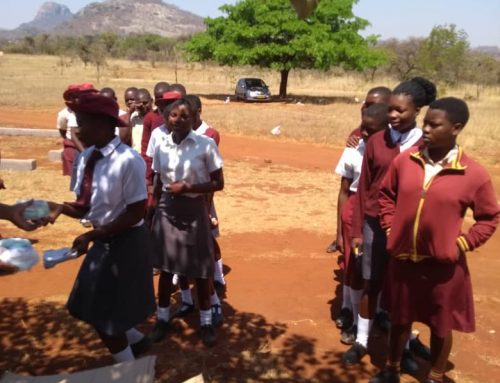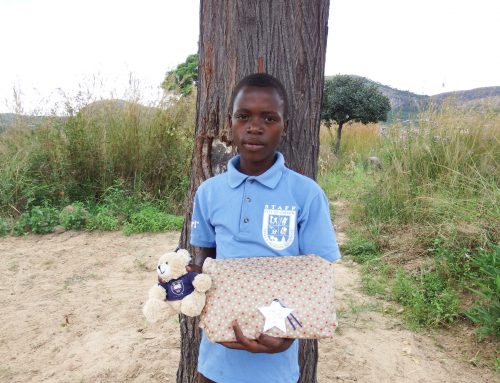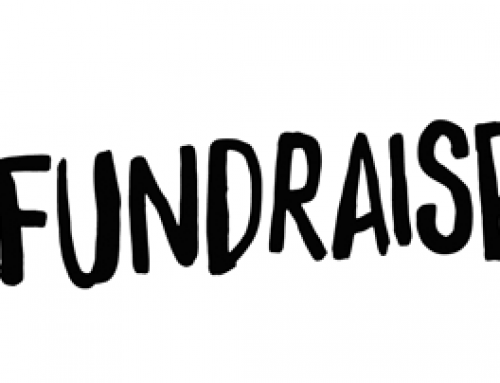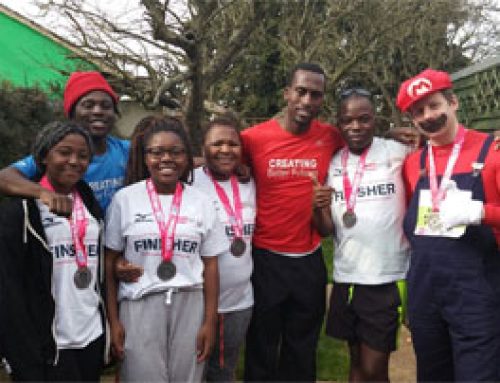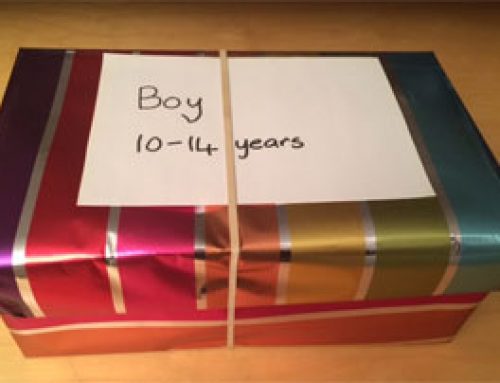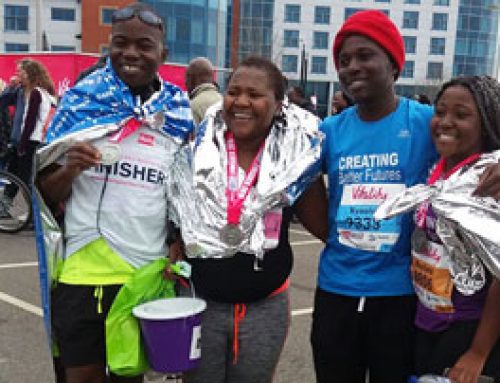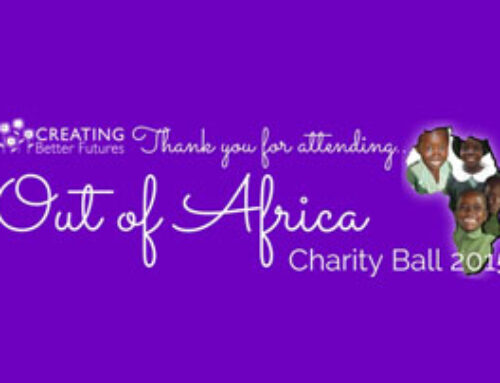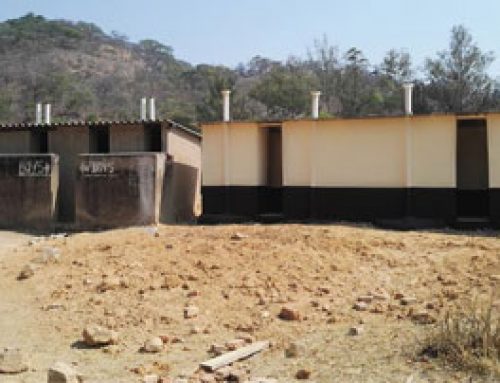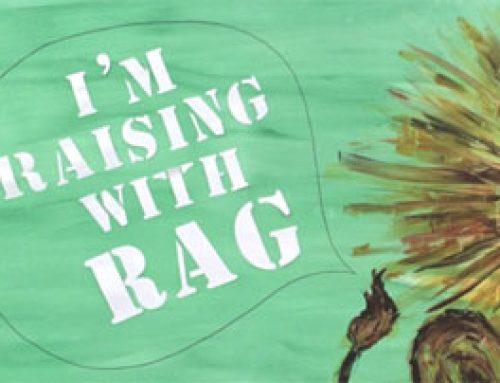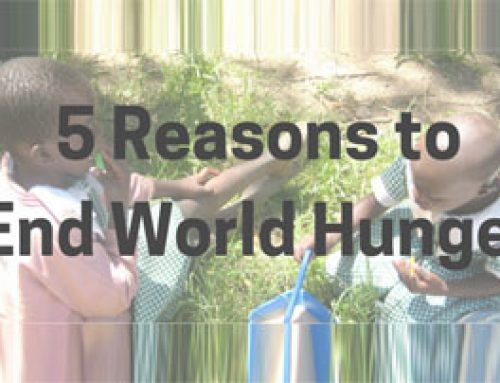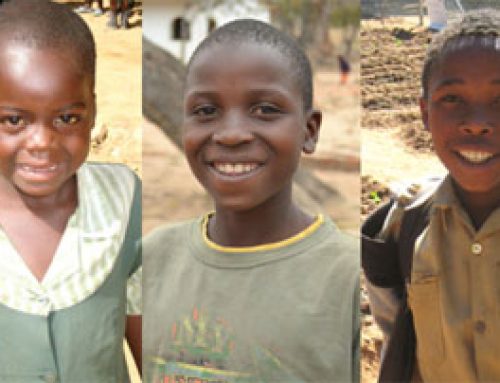Happy International Women’s Month!
International Women’s Month is all about celebrating the social, economic, cultural, and political achievements of women. It also marks a call to action for accelerating gender parity; something we feel very strongly about here at Creating Better Futures. Today, we’ll be particularly reflecting on and raising awareness of the impacts of child marriage, inequality in education, and period poverty.
It is estimated that 1 in 10 girls in Africa miss school when they have their period. A combination of a lack of education, social stigma, embarrassment, and the absence of hygiene products means that our team on the ground regularly see girls missing school. Missing school can have a detrimental impact on a child’s grades and harms their chances of achieving good results. When grades slip, parents and guardians may well decide their daughter will be better off staying at home, helping with chores or growing fruit and vegetables to sell in order to put food on the table for the rest of the family. The daughter may then also be relied on to look after younger siblings or elderly family members including cooking and cleaning, exacerbating the social construct that girls shouldn’t go to school, that they are better off at home looking after the family.
In Zimbabwe, a basic pack of sanitary pads that will, at a stretch, last for 1 period, costs an average of $5. In a country where many face extreme poverty, sanitary products for women and girls are an extravagant luxury that few can afford. Many girls in the rural communities of developing countries are forced to use old rags, the inside of pillows, leaves, weeds, and even cow dung. It goes without saying, this is not okay, it’s inhumane.
Another worrying reality is that when a girl starts her period, maybe even as young as 10 or 11, and her family decide that she is better off at home, there is a large risk that she will now be considered “childbearing age”. She will be married off to a man, usually much older than her and will start having children very young. Not only is this psychologically damaging; a girl loses her childhood, her family, and her education, there are also a long list of physical risks that come with child marriage. These include increased risk of STI’s including HIV and HPV, increased risk of death from malaria due to reduced immune system caused by childhood pregnancy, risk of injury and death during pregnancy and childbirth, as well as increased risk to the unborn baby. Providing girls with sanitary products will protect her dignity and her right to a childhood by ensuring she is able to keep her menstrual cycle to herself, and not risk being further pulled into the poverty trap by early marriage.
What we have been doing here at Creating Better Futures to help tackle Period Poverty?
Over the past few years at CBF, we have been making and distributing reusable period pads as well as teaching members of the community how to make them too.
One girl (Kuda) said: “I just want to say thank you very much for doing this kind thing for us. May God bless you. Now I don’t depend on other people and can go to school more.”
40 extra school days, that’s what you could give girls like Kuda.
Kuda grew up in poverty. Her family struggled to pay for the essentials, this included sanitary pads. Kuda worried about being teased at school because she didn’t have pads. She stopped attending school when her time of the month came and missed up to 40 days a year. Everything changed when CBF supporters paid to give Kuda a pack of reusable sanitary pads. The pads – washable, hygienic, and easy to use – meant Kuda didn’t have to miss school when she had her period anymore.
This is just the first step towards our goal of providing the girls and women across rural Zimbabwe with access to reusable sanitary products, so they can maintain their childhood, education and dignity. This International Women’s Day, let’s fight period poverty together. If you’d like to make a donation towards the production of sustainable period products, you can do so here.
How we helped #BreakTheBias on International Women’s Day!
This International Women’s Day we had the privilege to sit down with a group of inspirational women and discuss the challenges that they have faced as a result of their gender, as well as their advice on how we can move forward as a society to improve this. We spoke with our team, Olivia Harvey, Adela Morais, and Lucy Pelopida, and two successful businesswomen; Mel Gard and Rachel Maunder. This conversation was thought-provoking and allowed us to help #BreakTheBias this international women’s day. We hope that you will feel just as empowered when you watch the video linked below.
Author: Lucy Pelopida (04/02/22)




